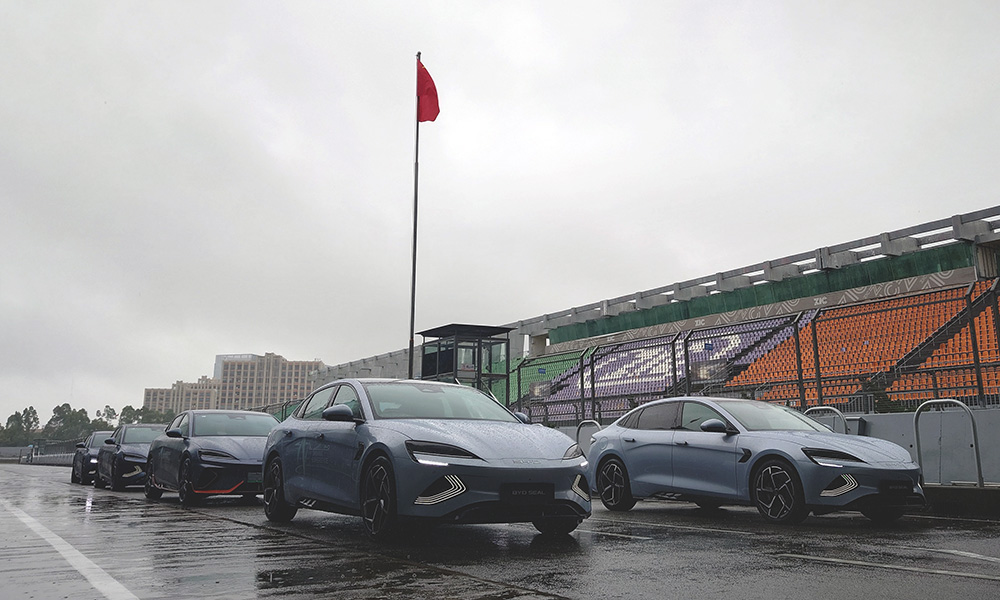
Remember the early days of BYD Auto? For over a decade, Solar Transport and Automotive Resources (STAR) attempted to introduce the Shenzhen brand to the saturated market of internal combustion-powered vehicles, starting with the F0 hatchback and the F3 sedan.
However, there’s a reason why not many units are seen on the road. Nevertheless, STAR still believed in the Chinese manufacturer and its push for electrification with the Tang, the Dolphin, the Han, and the T3—until AC Motors took the helm.
To celebrate a new era for the brand in the country and across Asia-Pacific, AC Motors invited journalists to China to try out a new compact EV sedan, the BYD Seal. And what better way to showcase its prowess than at an FIA Grade 2 racetrack in Zhuhai?
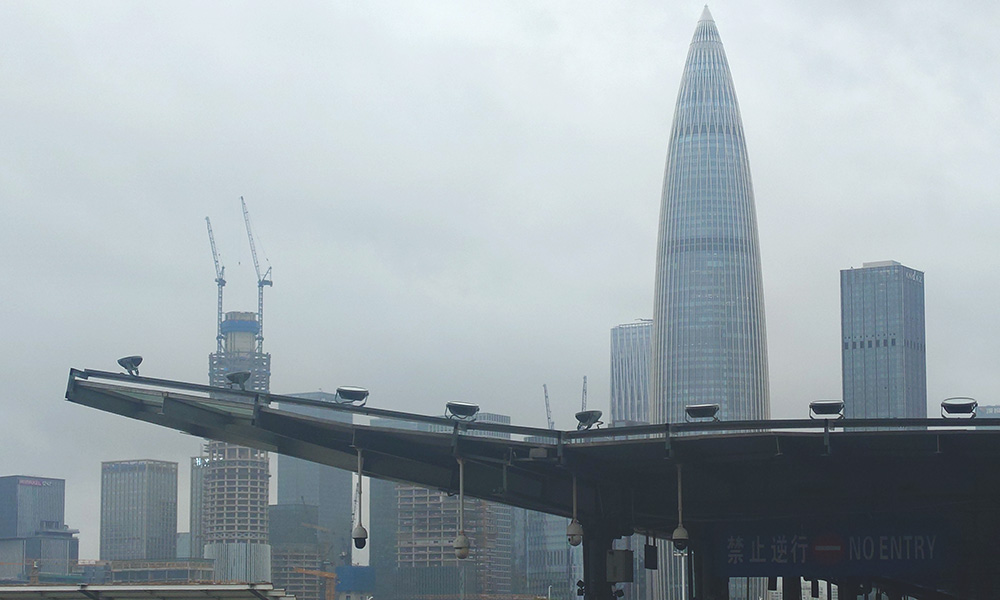
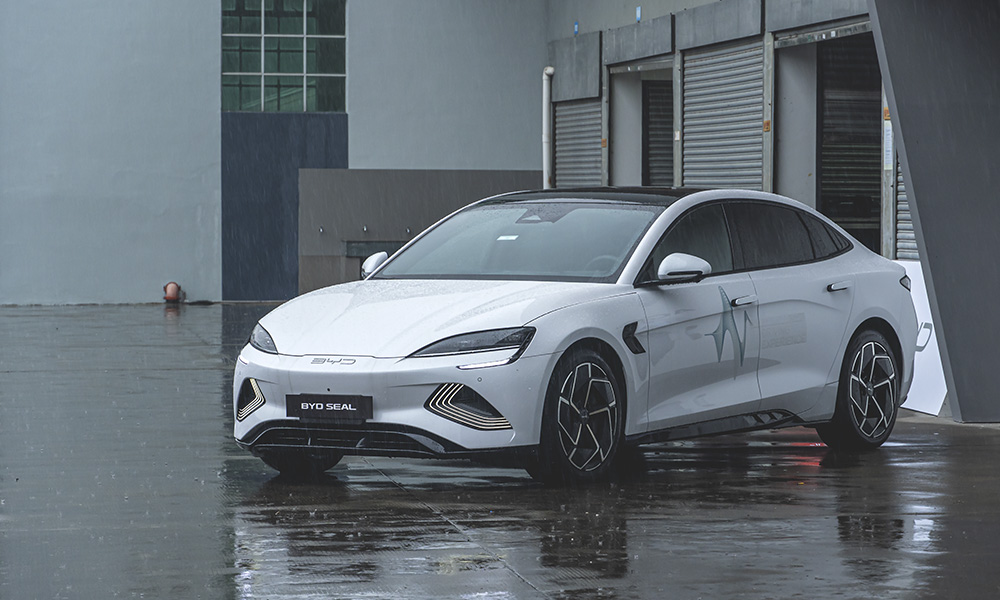
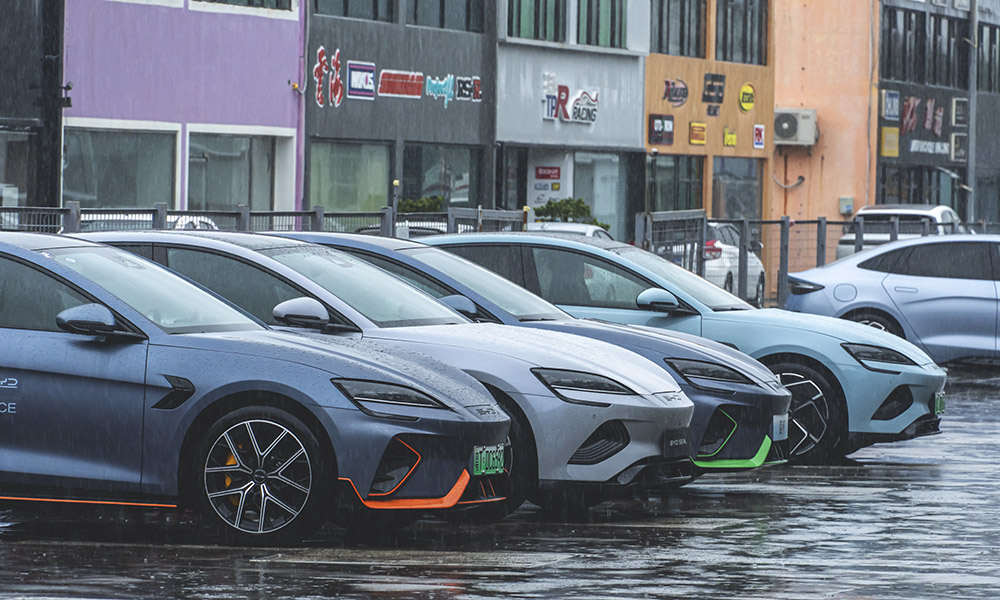
When our group landed at Hong Kong International Airport, Typhoon Koinu (also known as Jenny in the Philippines) made landfall across Southern China. And due to the closure of the Hong Kong-Zhuhai-Macau Bridge, our journey had to extend through Shenzhen. During the 178.5km journey, all I could think of were food and the Zhuhai International Circuit.
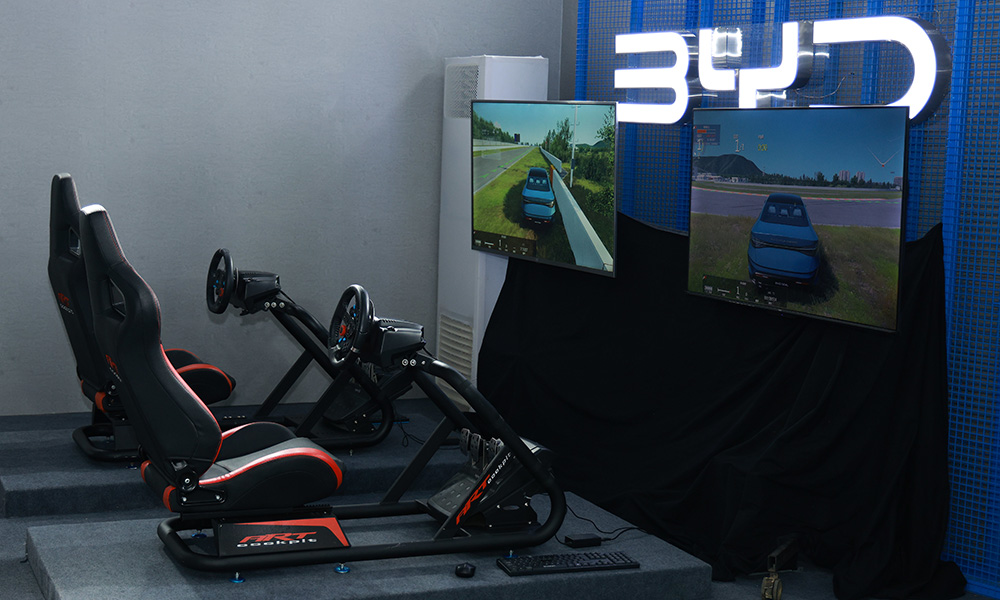
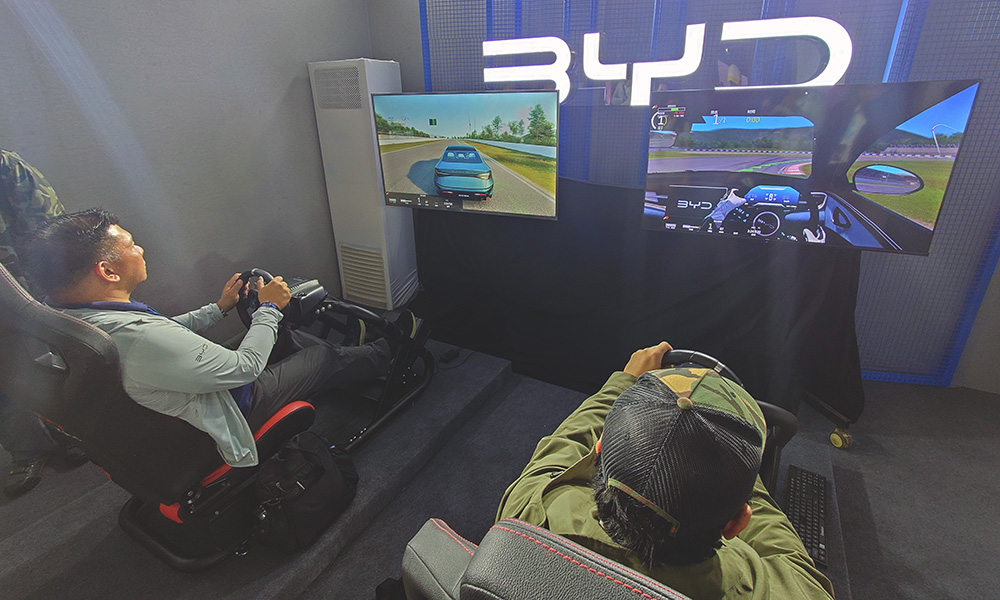
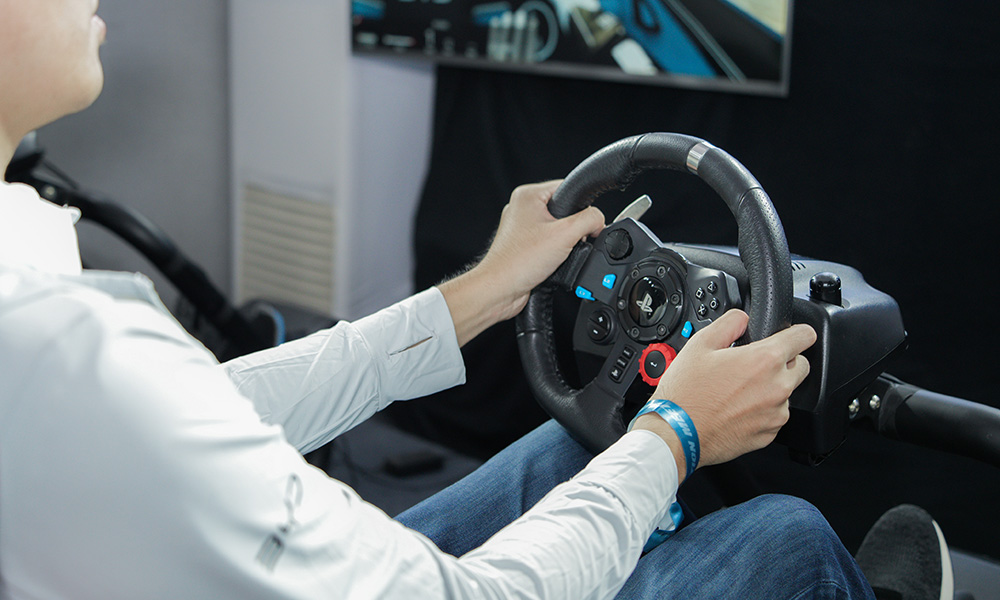
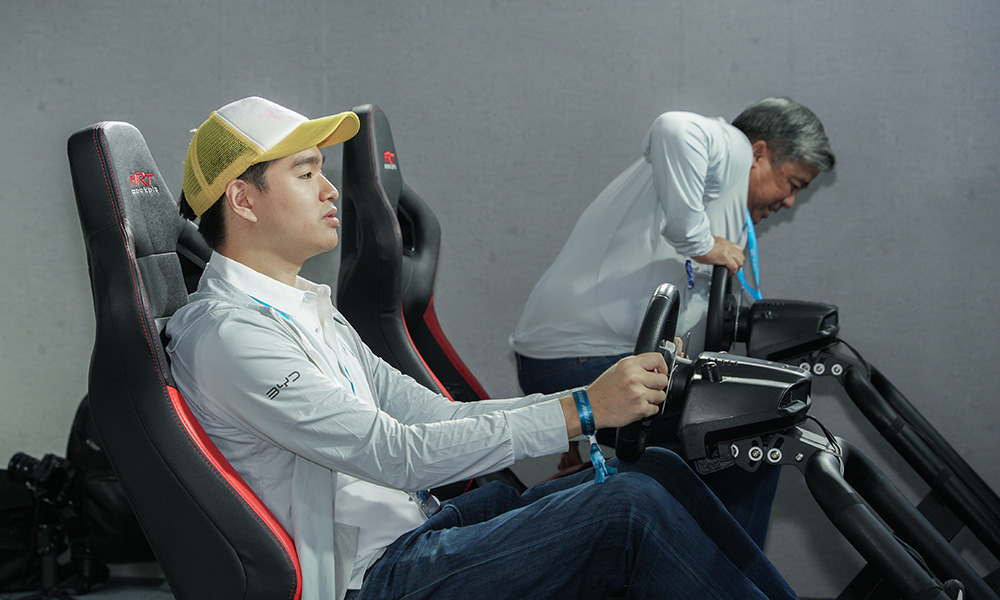
The next day, we arrived at a wet circuit alongside Vietnamese and Cambodian guests for an orientation on the Seal’s technology and driving dynamics, as well as track-day etiquette. Before we sat in the driver’s seat, the organizers were kind enough to set up sim racing rigs for practice on Assetto Corsa.
Despite the inaccurate physics and the virtual dry weather, the simulation did help prepare test-drivers to understand the course layout before donning balaclavas and helmets.
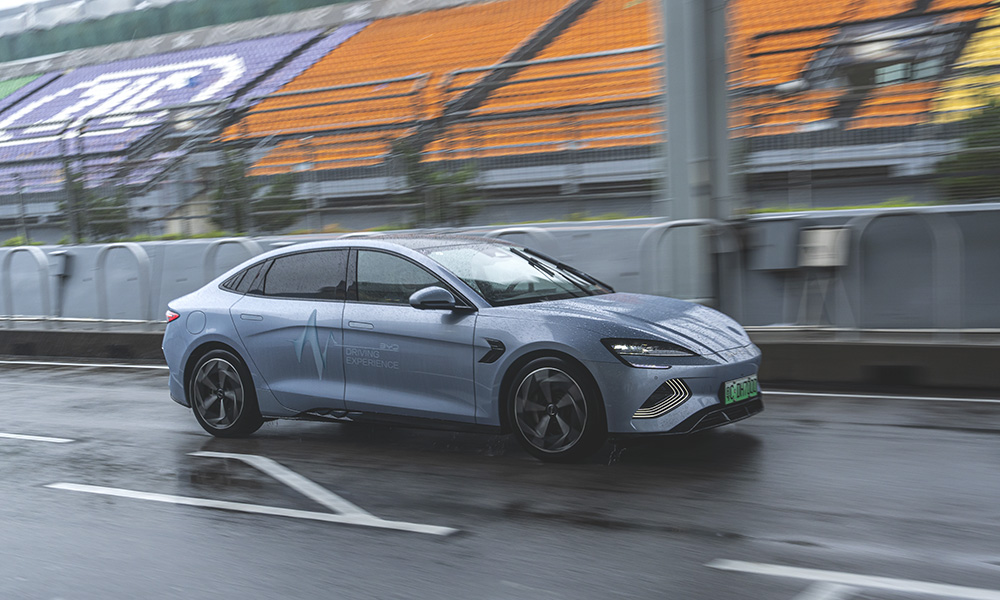
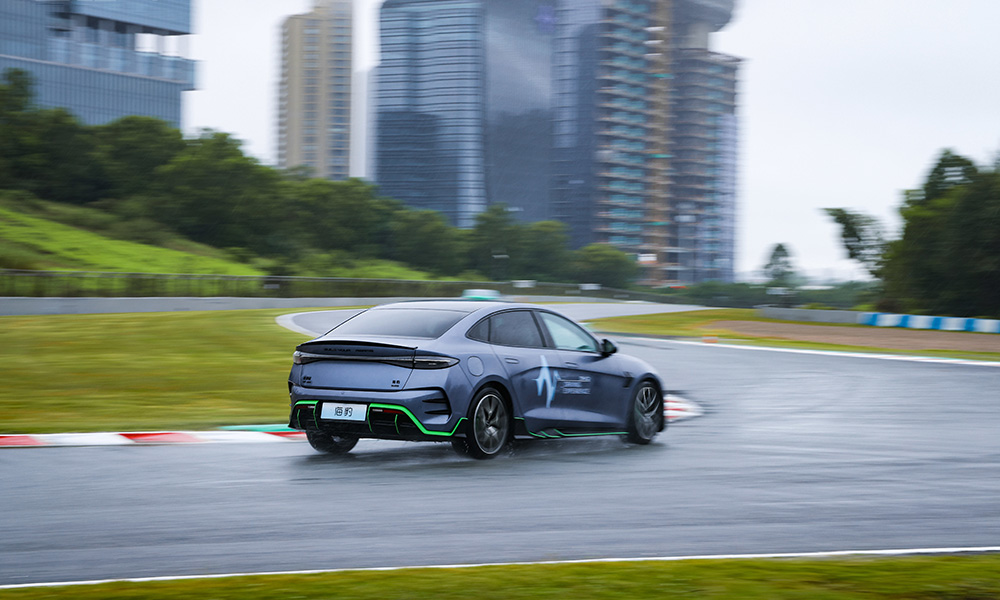
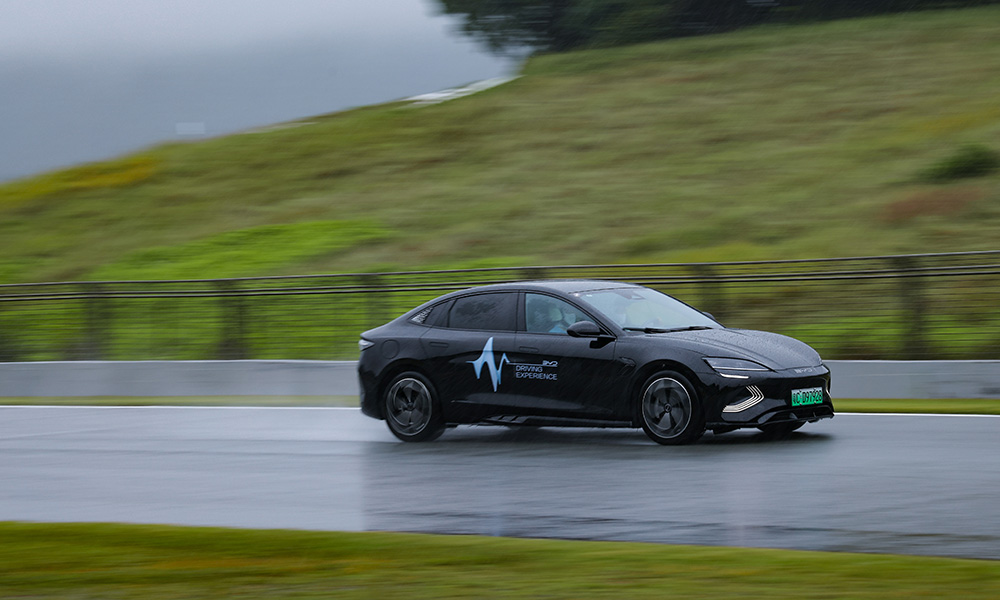
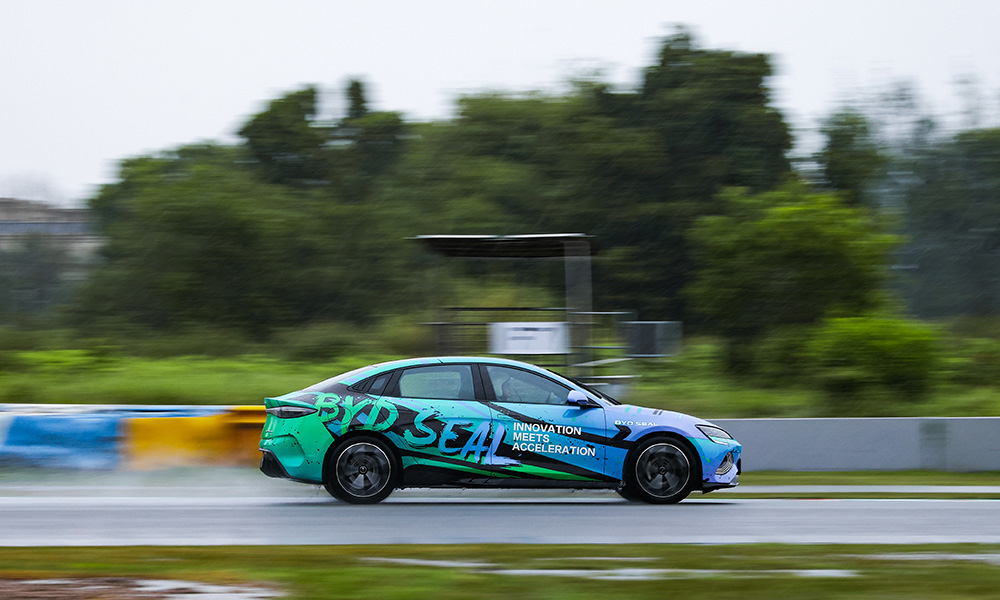
The Seal we were treated to was the Excellence AWD, the dual-motor model with an 82.5kWh lithium iron phosphate battery, which came in handy during the adverse weather of Guangdong. We got to push the compact sedan to its 523hp mark on the main straight, and the 670Nm of torque was no joke, especially in the wet.
On Turn 7, I exited the hairpin corner with my right foot planted, and felt the tires momentarily losing grip. Thankfully, the Seal came standard with Intelligence Torque Adaption Control (iTAC) to mitigate traction loss and spinning out.
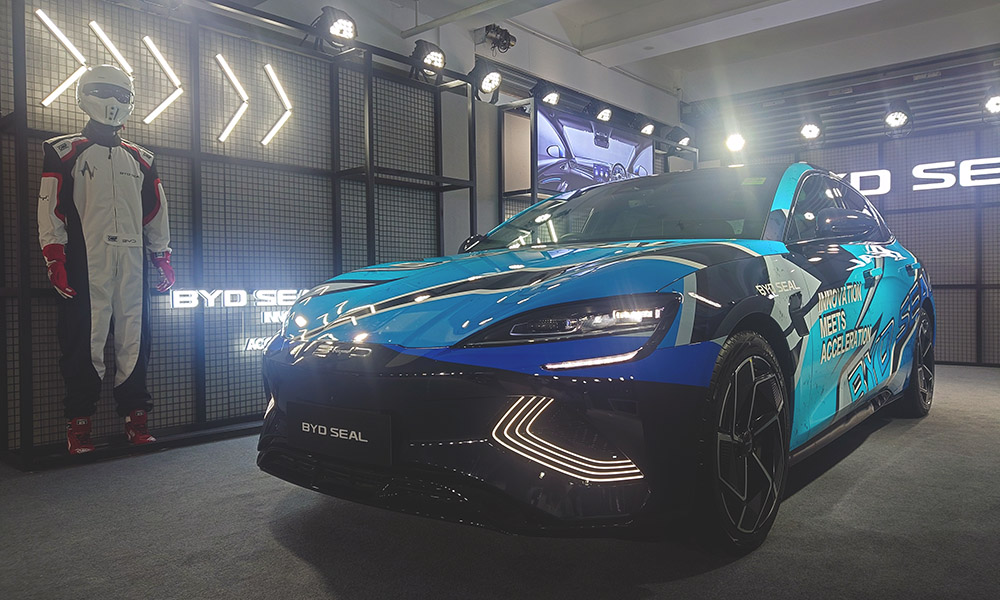
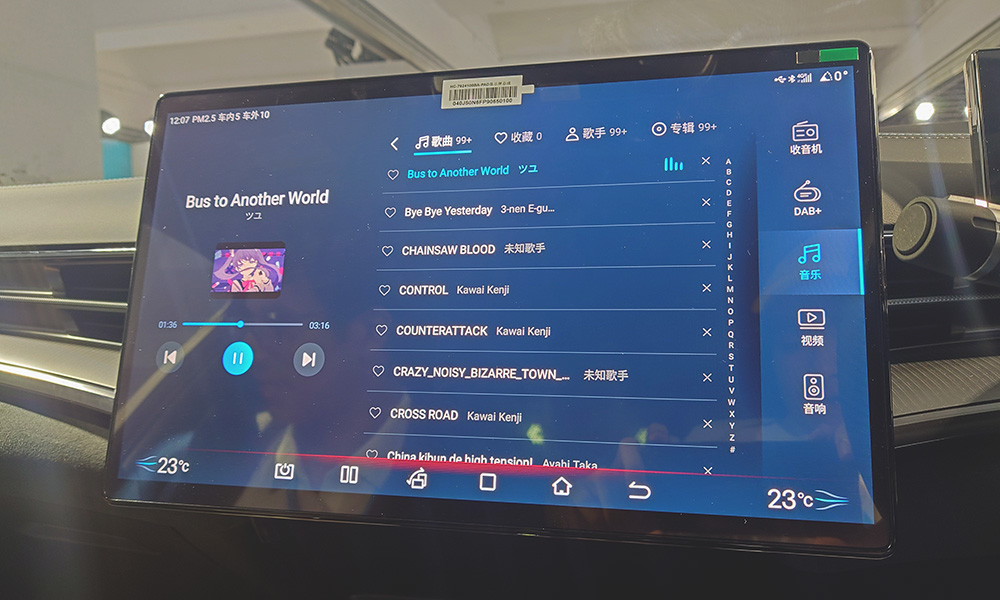
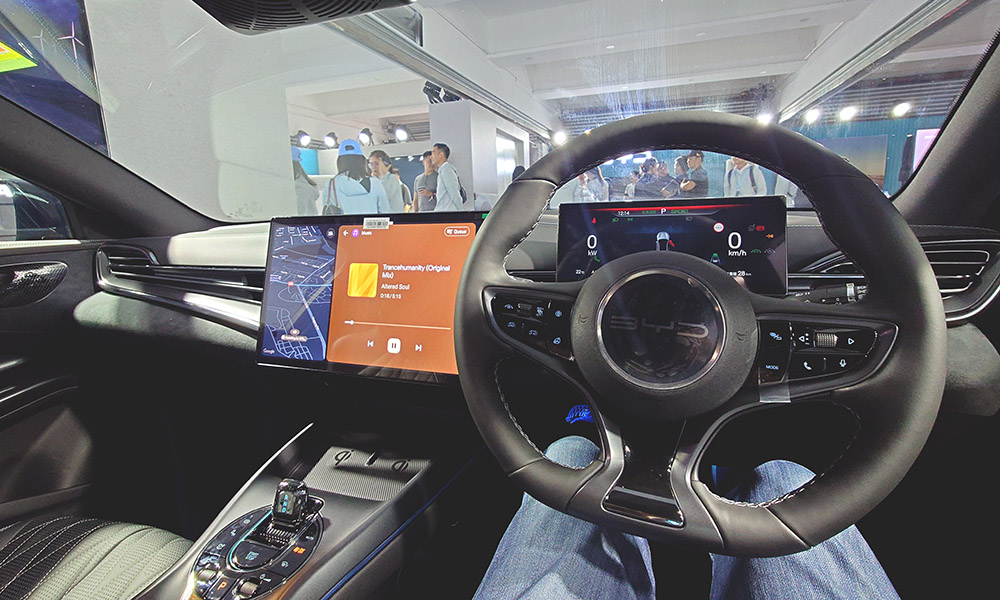
Afterward, I checked out the display vehicle in the paddock and explored more of its funky interior. Its immediate rival would be the Tesla Model 3, and comparing them side-by-side, the Seal had a more fluid fastback design than its American equivalent, owing to its aquatic namesake.
BYD’s signature rotating 15.6-inch infotainment display was carried over to the Seal, and watching the process unfold reminded us of the Shenzhen giant’s successful portfolio in electronics. Navigating through the smartphone-like interface and connecting to Android Auto was a breeze, lacking delayed inputs.
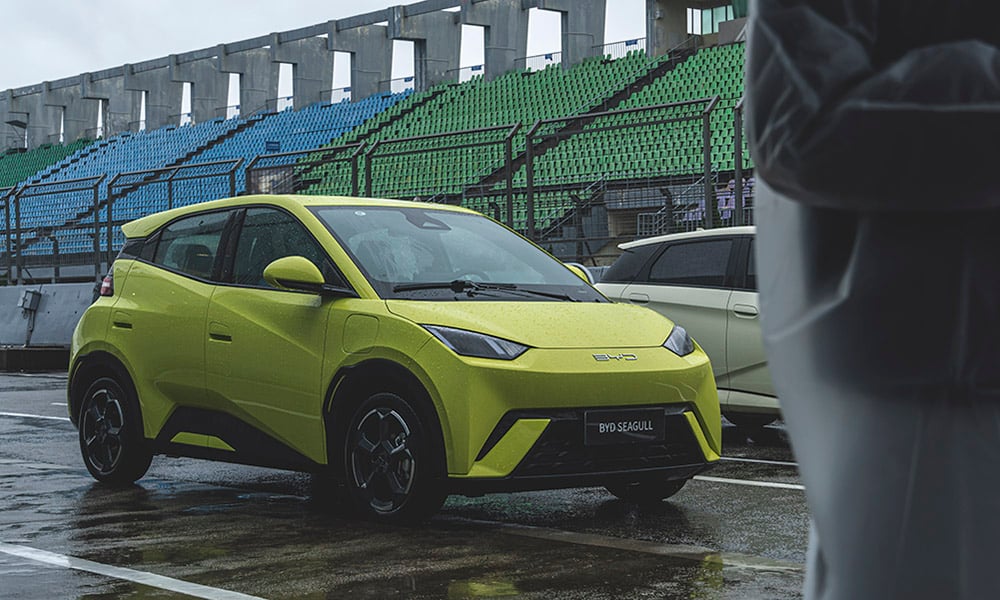
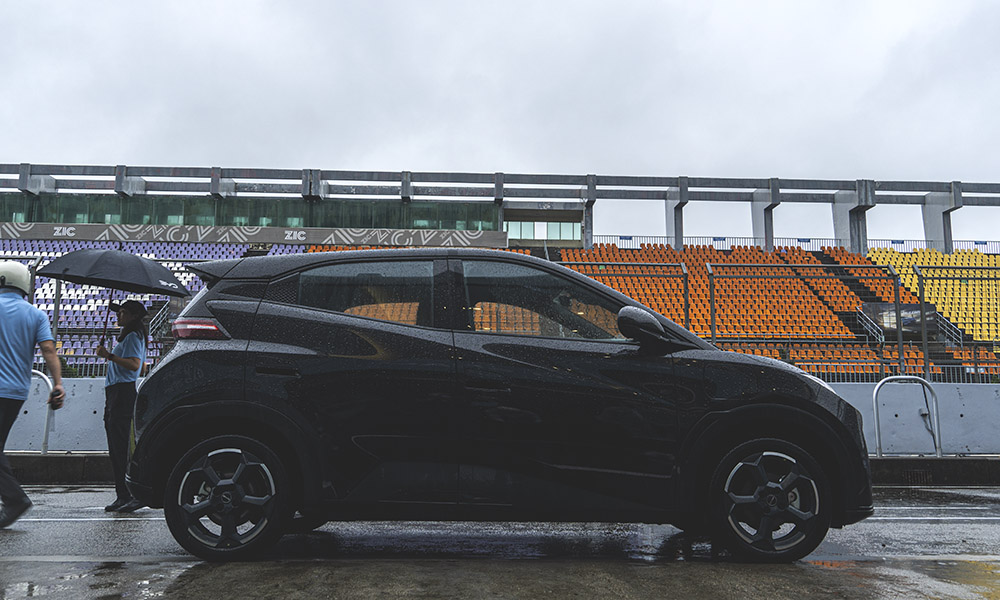
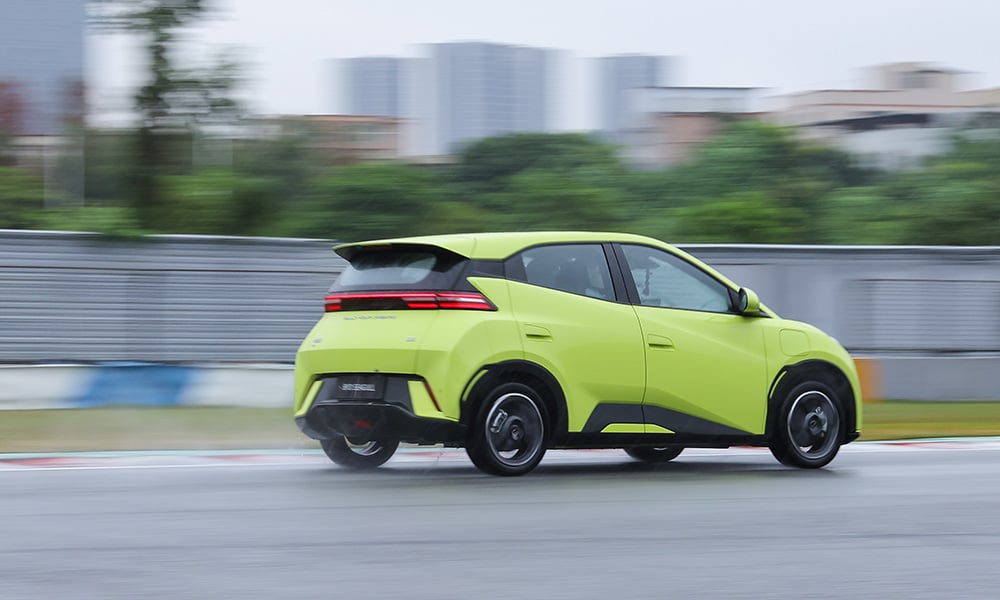
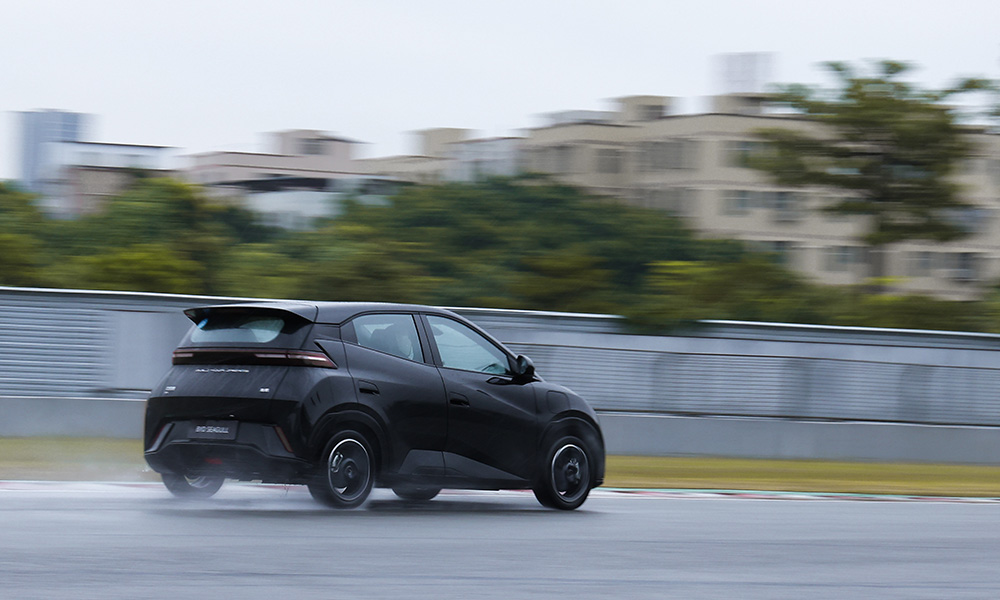
The day didn’t stop with the Seal as we got another chance to drive around the track, this time in the subcompact Seagull.
With a choice of either a 30.08kWh or 38.88kWh lithium iron phosphate battery, the tiny runabout could only achieve 75hp and 135Nm. It doesn’t sound like high-performance figures, that’s for sure, including its 305km to 405km range.
However, while mashing its accelerator couldn’t provide the same torque sensation as in the Seal, carving corners without letting off much power is the quintessential definition of the saying: “It’s better to drive a slow car fast than a fast car slow.”
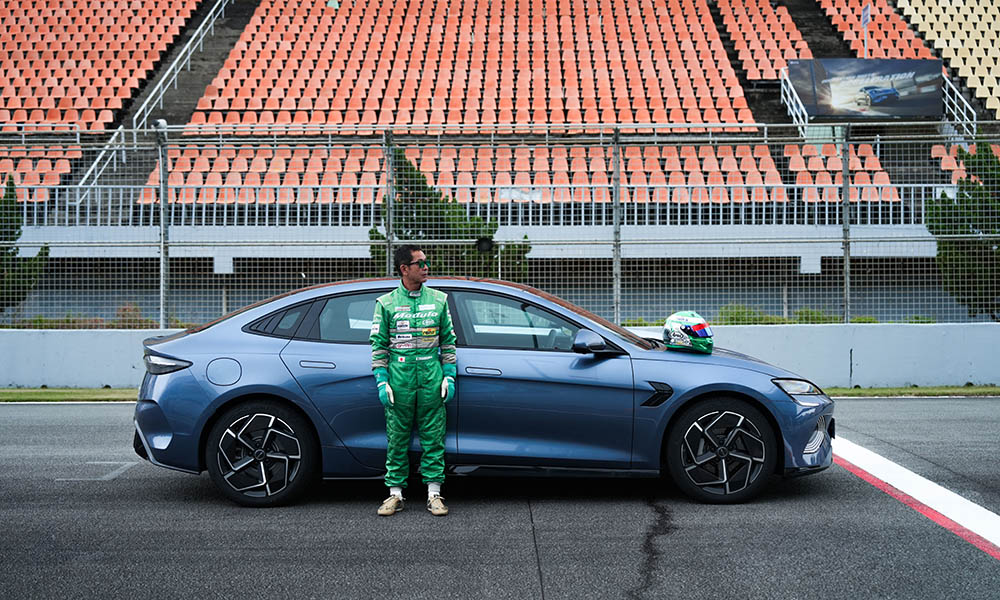
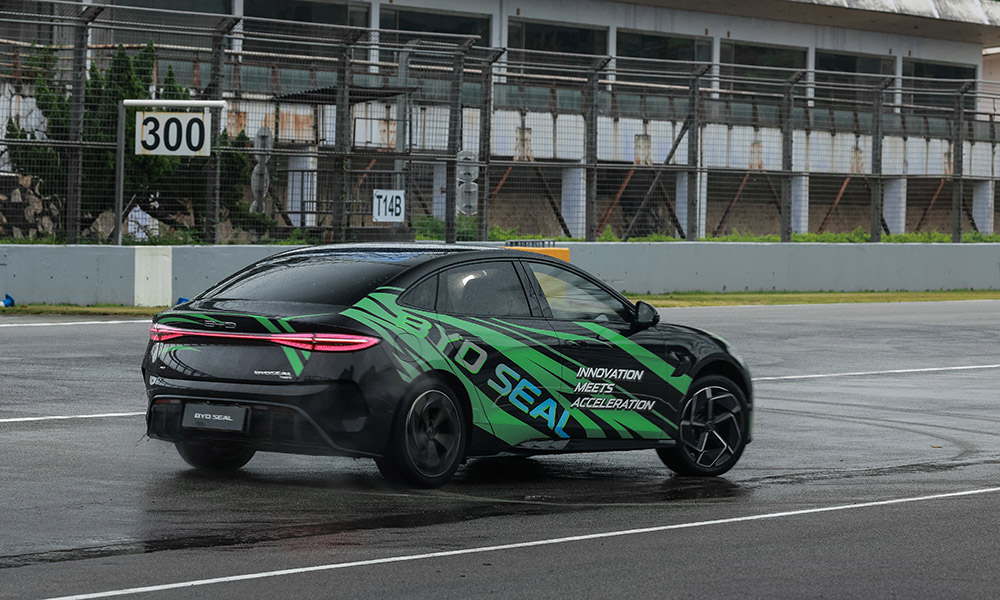
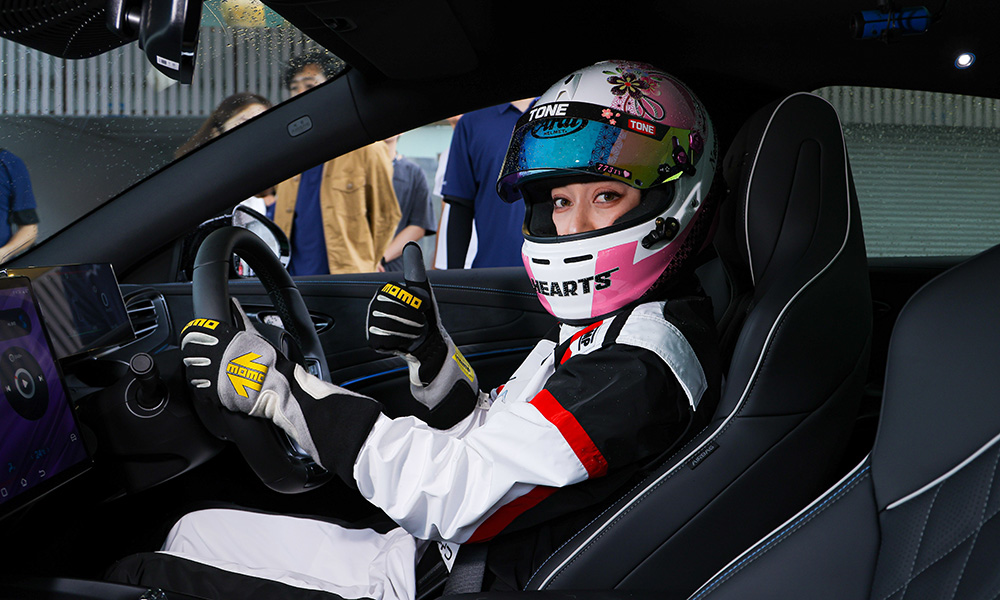
While it would have been ideal to try out the cars in the overcast yet dry conditions that the previous groups had experienced days prior, the typhoon made the test drive a bit more exciting, proving that the BYD vehicles could perform just as well on imperfect days.
This Zhuhai-Shenzhen trip also showed that BYD is serious about penetrating worldwide markets, going as far as inviting professional drivers from Japan. To my surprise, BYD flew over drifter Nanami Tsukamoto and the famous Keiichi Tsuchiya to slide the Seal as much as possible.
Only time will tell if AC Motors can emulate BYD’s blazing success in our Asian neighbors. We sure hope so.

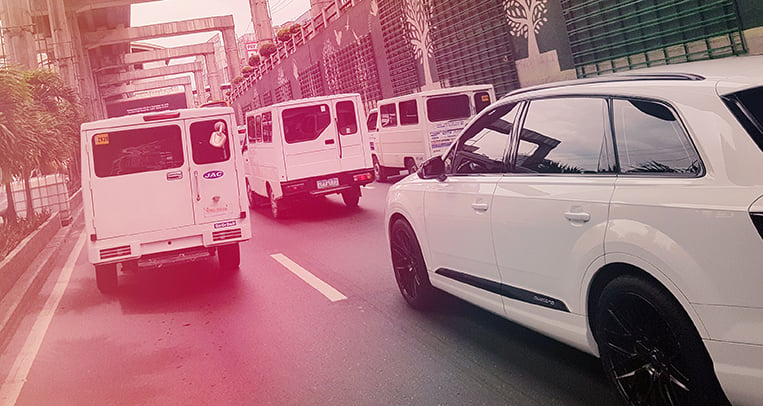
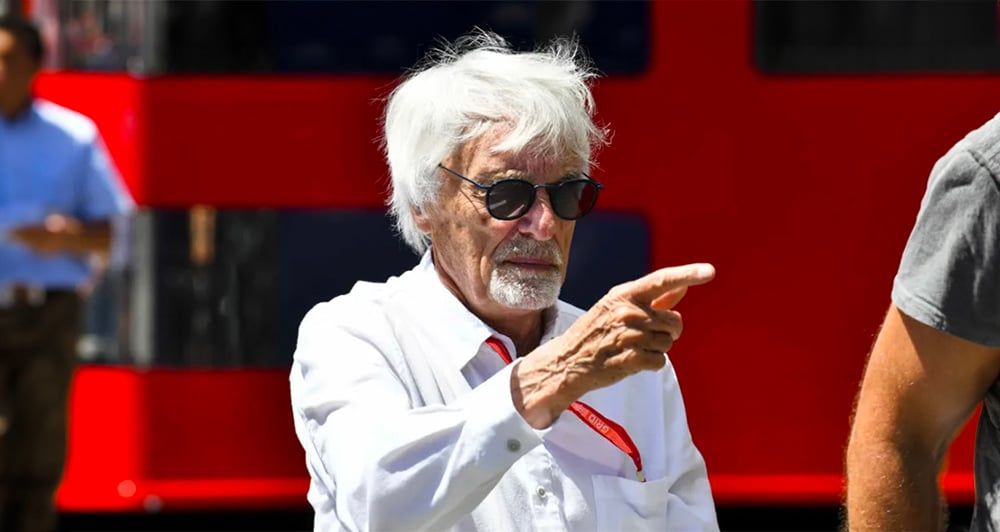
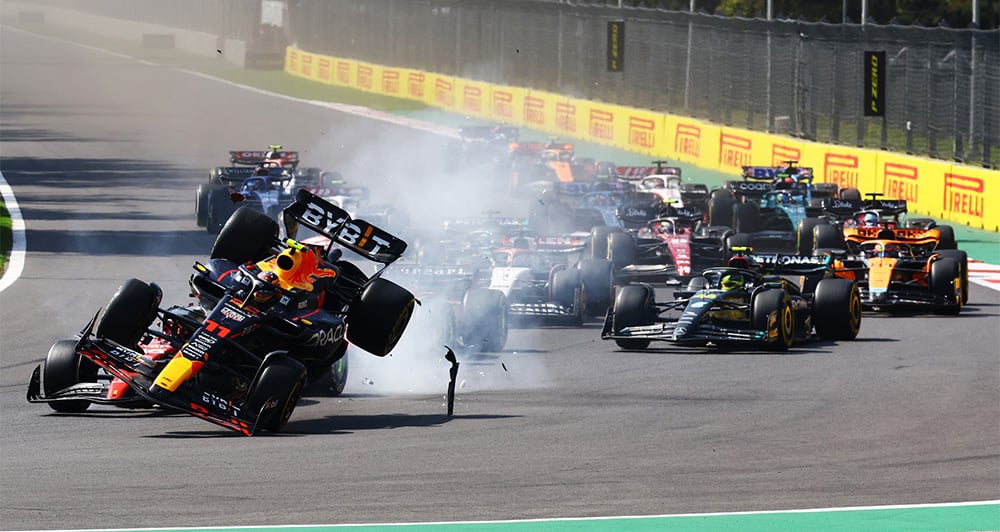
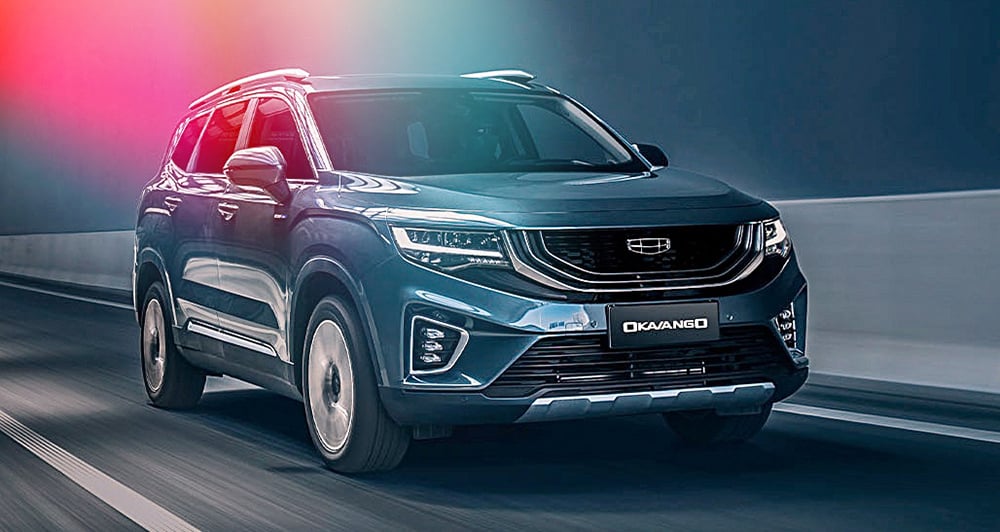
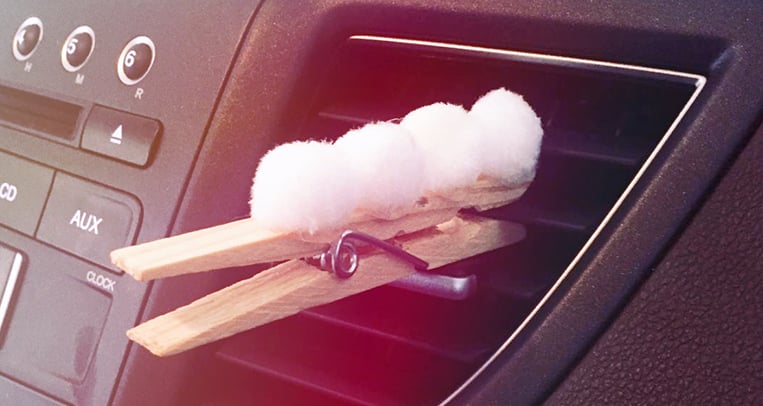
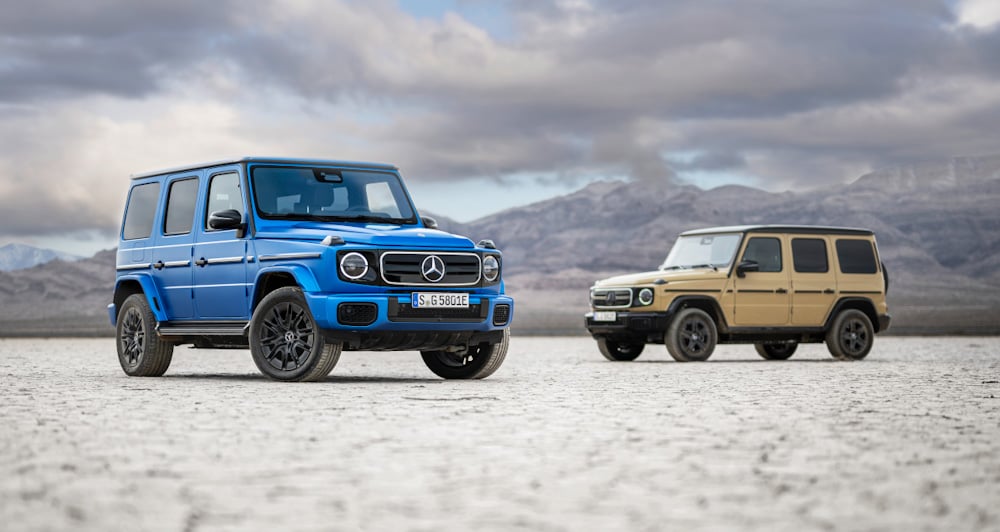
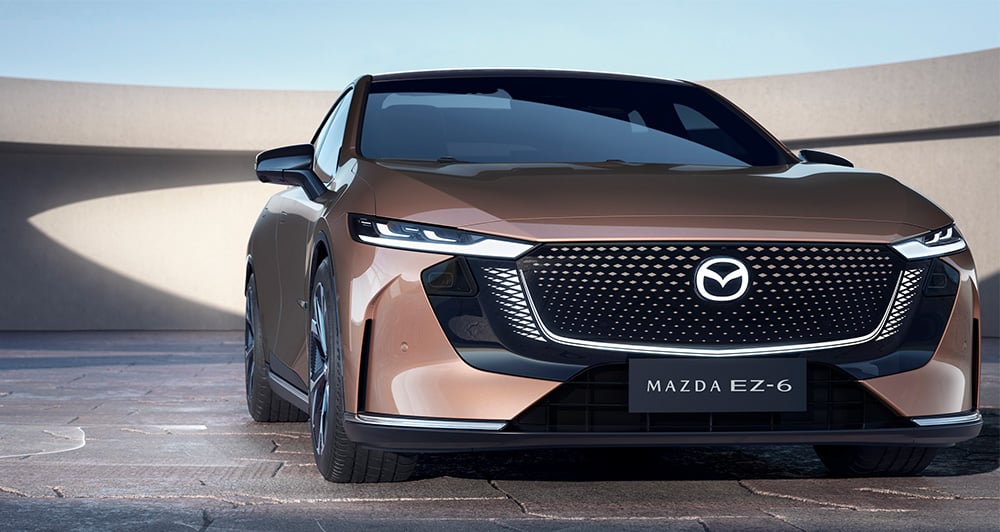
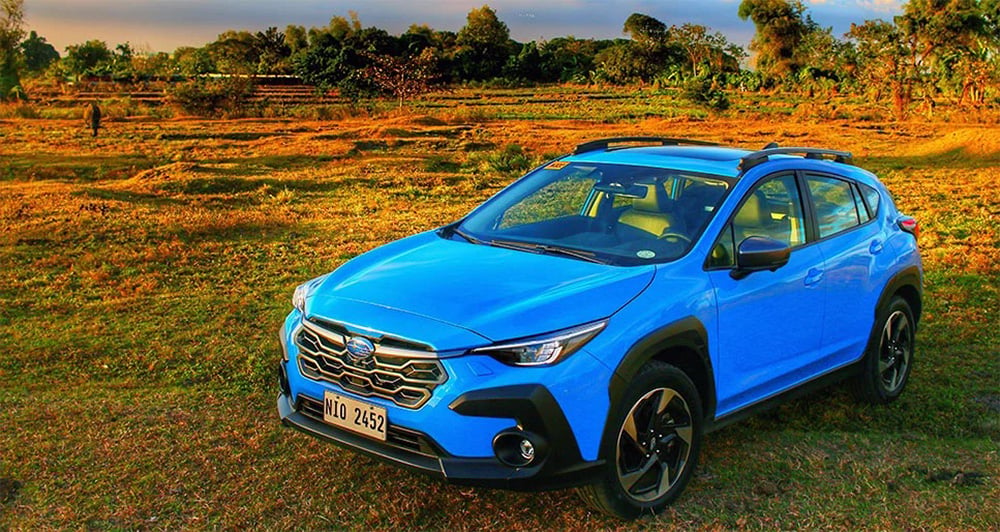
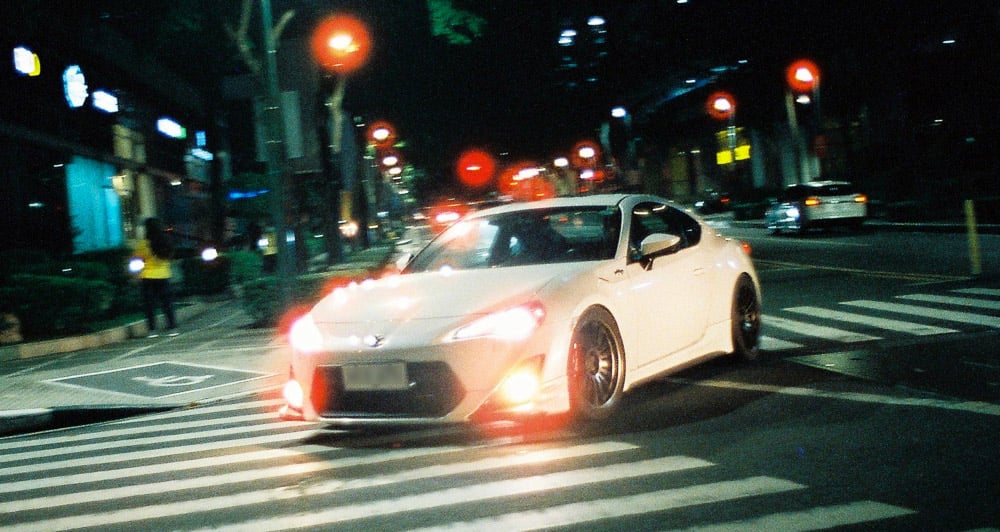
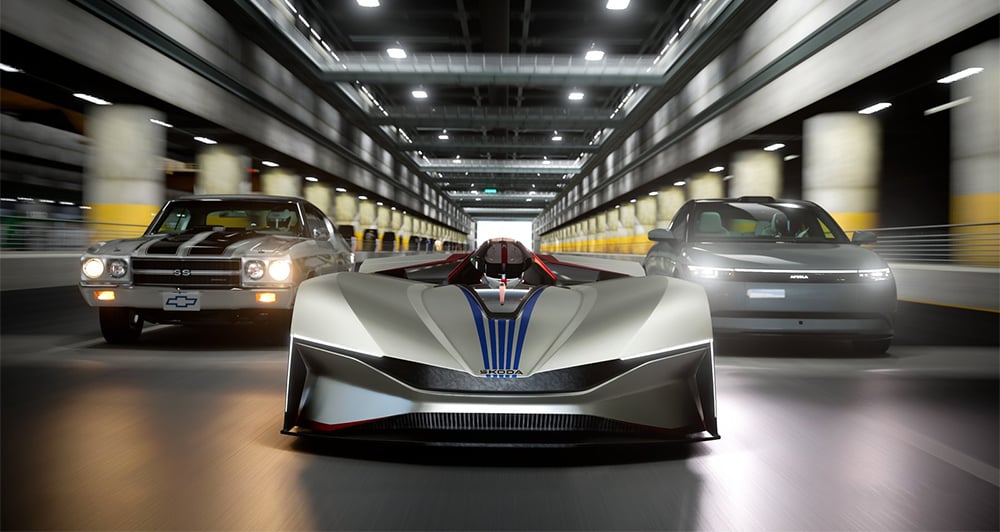
Comments